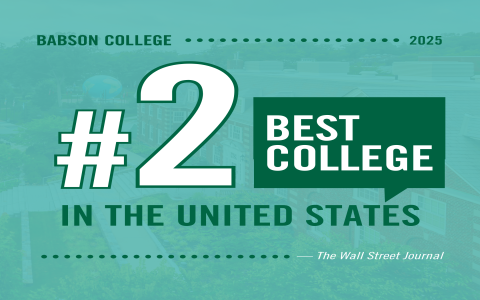The term “sponsorship” for F1 students by hospitals primarily refers to employment-related opportunities such as Curricular Practical Training (CPT), Optional Practical Training (OPT), and potentially H-1B visa sponsorship for full-time positions after graduation. Hospitals do not sponsor the F1 student visa itself; that is issued for academic study.
Hospitals and Programs More Likely to Engage F1 Students/Graduates
While any hospital can theoretically hire an F1 student on OPT or sponsor an H-1B visa, some types are historically more active in this area:
- University Hospitals and Academic Medical Centers: Due to their affiliation with educational institutions, these hospitals are often more familiar with F1 student employment regulations (CPT/OPT) and may have established pathways for sponsoring H-1B visas for eligible positions, such as medical residencies, fellowships, research roles, and specialized nursing positions.
- Research-Intensive Hospitals: Hospitals with significant research departments frequently have positions suitable for F1 students (especially those in STEM fields) for CPT/OPT. They may also sponsor H-1B visas for research scientists, post-doctoral fellows, and other specialized research roles.
- Large Hospital Systems: Larger healthcare systems may have more extensive HR departments with experience in hiring international talent and navigating the visa sponsorship process. They often have a wider range of positions available.
- Hospitals in Medically Underserved Areas (MUAs) or Health Professional Shortage Areas (HPSAs): Some hospitals in these designated areas may be more willing to sponsor H-1B visas, including cap-exempt H-1Bs, to attract qualified healthcare professionals, including physicians and sometimes nurses, to fill critical needs.
Strategies for F1 Students Seeking Hospital Opportunities
- Leverage CPT/OPT: Focus on securing CPT or OPT positions within hospitals. A successful practical training experience can sometimes lead to an H-1B sponsorship offer if the hospital has a need and values your contribution.
- Networking: Attend university career fairs, medical conferences, and professional networking events. Connect with alumni from your program working in hospitals. Your university’s International Student Services office and career services can also provide guidance.
- Research Specific Departments and Roles: Identify departments or roles within hospitals that align with your field of study and career goals. Research roles, data analysis, specific clinical specialties (if applicable post-licensure), and healthcare administration positions may be options.
- Inquire About Past Sponsorship: While past performance is not a guarantee of future action, research if a hospital has sponsored H-1B visas previously. This information can sometimes be found through publicly available databases (though direct linking is not permissible here, such tools exist online).
- Direct Contact and Job Portals: Check the career sections of hospital websites. Look for information regarding international applicants or contact their Human Resources department directly to inquire about their policies on hiring F1 students on OPT or sponsoring H-1B visas for qualified candidates.
- Focus on Eligibility: Ensure you meet all eligibility requirements for the position and any potential visa sponsorship, including educational qualifications, licensure (if applicable), and English proficiency.
Important Considerations:

- H-1B sponsorship by hospitals is competitive and contingent on the hospital’s specific hiring needs, budgetary constraints, the nature of the position (it must typically qualify as a “specialty occupation”), and the applicant’s qualifications.
- Not all hospital positions qualify for H-1B sponsorship.
- The process for physicians seeking residency or fellowship positions often involves specific matching programs which have their own guidelines regarding visa sponsorship.
It is crucial for F1 students to thoroughly research individual hospitals and their specific programs or job openings to understand their policies regarding international student employment and visa sponsorship.



